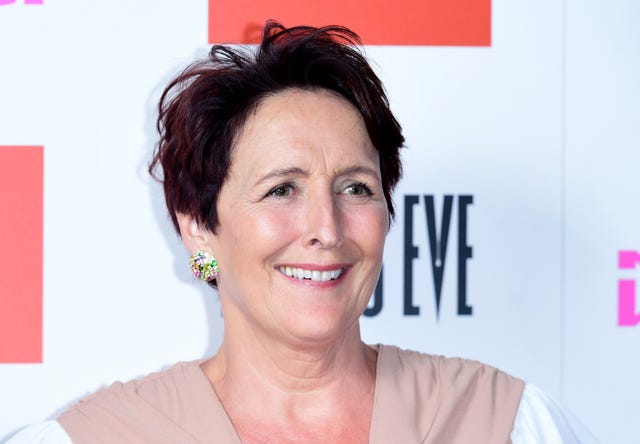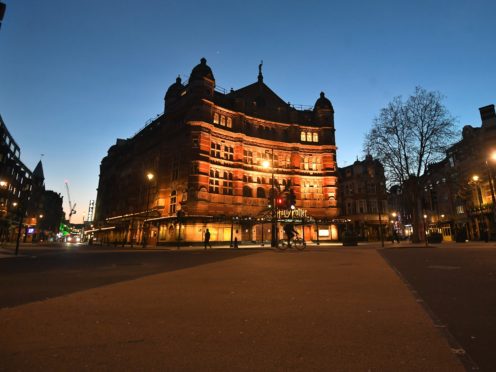A new campaign has been launched to explore the impact of coronavirus on culture and how the creative industries can engage audiences online.
The Arts and Humanities Research Council (AHRC) project, titled Boundless Creativity, includes a number of public events which aim to give people access to culture using “interactive and immersive digital technologies”.
The campaign was launched with the help of historian and broadcaster Mary Beard, Booker Prize winner Bernardine Evaristo and Killing Eve star Fiona Shaw.

Andrew Thompson, the AHRC executive chair, said the campaign “seeks to explore how culture and the creative industries can thrive in the digital age and how research from the arts and humanities can help that to happen”.
Shaw said that the current crisis may cause people to re-evaluate the value of art created before the pandemic.
“This happened with the First World War,” she said.
“Things pre-First World War seemed immaterial and I think in that way things that seemed very important three months ago are going to seem incredibly unimportant at the end of this.”

The campaign includes a digital event at the Hay literary festival called Reimagining Wordsworth, which will see stars including Benedict Cumberbatch, Toby Jones, Helen McCrory and Stephen Fry give readings as part of a live broadcast.
A series of short animated films will also be produced as part of a collaboration between the AHRC and the BBC and made available on the broadcaster’s Culture In Quarantine website.
The Towards A National Collection project will also see the AHRC collaborate with major galleries, museums, archives and libraries to provide analysis of the kinds of cultural content people are currently viewing, as well as ways in which access can be improved in the future.
A trial of virtual reality technologies with organisations including the Science Museum, the National History Museum and esports company Weavr will also explore how audiences can engage with culture and live events from home.

Daisy Fancourt, associate professor of psychobiology and epidemiology at University College London, who has her research funded by the AHRC, said it would be “particularly interesting” to see whether current trends in the digitalisation of the arts continue to have an impact after the pandemic.
“The technology opportunities that are being developed for the arts because of this virus mean there will be many more people who are isolated or living in remote areas who don’t simply have the same access levels who will now have a specific catering that will continue to speak to them,” she said.
The campaign was praised by Culture Secretary Oliver Dowden.
He said: “Britain is a world leader in both creativity and innovation, and the Boundless Creativity project will speed up the development of new and exciting ways of engaging, entertaining and educating audiences, not just in the UK but around the globe.”
